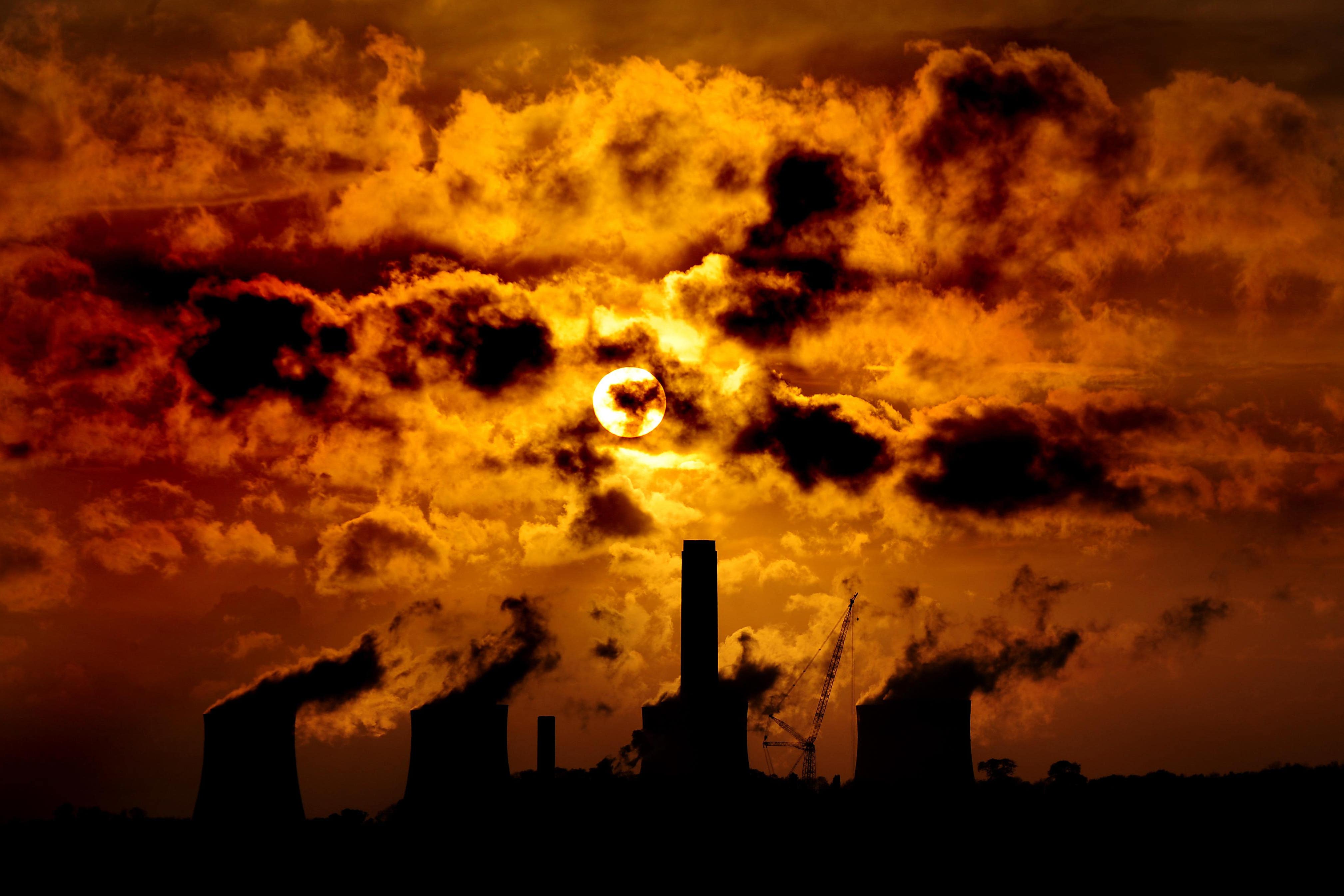‘Unstoppable’ shift will see fossil fuel demand peak by 2030 – report
The International Energy Agency forecasts that for the first time, oil, natural gas and coal demand will hit its highest point this decade.

Your support helps us to tell the story
From reproductive rights to climate change to Big Tech, The Independent is on the ground when the story is developing. Whether it's investigating the financials of Elon Musk's pro-Trump PAC or producing our latest documentary, 'The A Word', which shines a light on the American women fighting for reproductive rights, we know how important it is to parse out the facts from the messaging.
At such a critical moment in US history, we need reporters on the ground. Your donation allows us to keep sending journalists to speak to both sides of the story.
The Independent is trusted by Americans across the entire political spectrum. And unlike many other quality news outlets, we choose not to lock Americans out of our reporting and analysis with paywalls. We believe quality journalism should be available to everyone, paid for by those who can afford it.
Your support makes all the difference.Global demand for fossil fuels will peak by 2030 amid an “unstoppable” shift towards clean energy and rising take-up of more electric cars, according to the International Energy Agency.
In its latest World Economic Outlook, the Paris-based group forecasts that for the first time, oil, natural gas and coal demand will hit its highest point this decade, based on current government policies.
It comes ahead of a predicted surge in clean energy technologies, with nearly 10 times as many electric cars expected to be on the roads worldwide by the end of the decade.
The International Energy Agency (IEA) also said it will be driven by a slowdown in China’s economy, as the world’s largest energy consumer switches towards renewables.
The transition to clean energy is happening worldwide and it’s unstoppable
Fatih Birol, executive director at the IEA, said: “The transition to clean energy is happening worldwide and it’s unstoppable.
“It’s not a question of ‘if’, it’s just a matter of ‘how soon’ – and the sooner the better for all of us.”
The agency sees the renewables share of global electricity mix nearing 50% by 2030, up from 30% currently, while solar power is set to generate more electricity than the entire United States does now.
But the IEA warns that the shift away from fossil fuels will need to accelerate for global economies to meet the targets set under the Paris Agreement, limiting the rise in average global temperatures to 1.5C.
It estimates that the world is on track for an average temperature increase of 2.4C this century, based on today’s policies.
“This risks not only worsening climate impacts after a year of record-breaking heat, but also undermining the security of the energy system, which was built for a cooler world with less extreme weather events,” the IEA cautioned.
The end of the growth era for fossil fuels does not mean an end to fossil fuel investment, but it undercuts the rationale for any increase in spending
It said the focus needs to be on ramping up investment in renewable energy and reducing spending on fossil fuels.
“The end of the growth era for fossil fuels does not mean an end to fossil fuel investment, but it undercuts the rationale for any increase in spending,” it said.
Mr Birol added: “Governments, companies and investors need to get behind clean energy transitions rather than hindering them.
“Taking into account the ongoing strains and volatility in traditional energy markets today, claims that oil and gas represent safe or secure choices for the world’s energy and climate future look weaker than ever.”